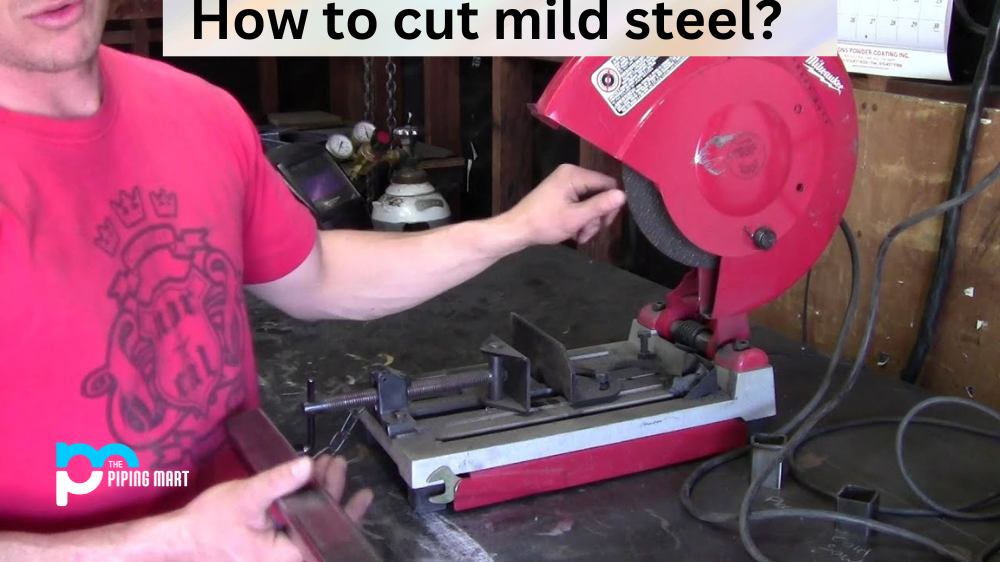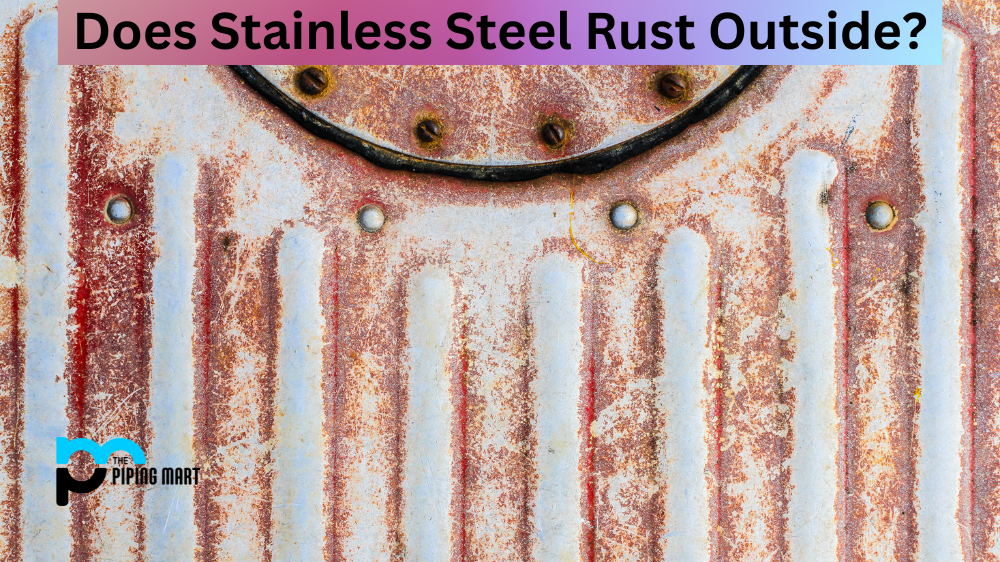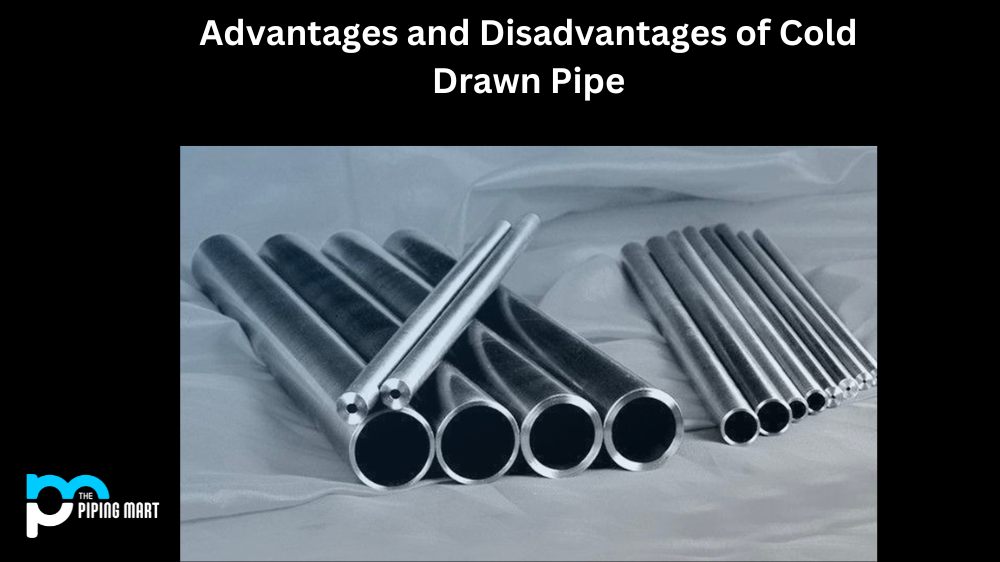Have you ever been confused by the terms “alloy” and “composite”? We’re here to demystify the differences between these two materials. Alloys and composites are both man-made materials that are used in a variety of industries, but each has its own unique characteristics. Read on to learn more about alloys and composites so you can decide which is best for your application.
What Is an Alloy?
An alloy is a metal composed of two or more elements, at least one of which is a metal. Commonly used metals such as steel, brass, bronze, and aluminum are all alloys. The other elements in an alloy may be non-metals such as silicon or boron, or they may be other metals such as nickel or zinc. Alloys are created to enhance certain properties of the base metal, such as corrosion resistance, strength, ductility, electrical conductivity, or thermal conductivity.
What Is a Composite?
A composite is a combination of two or more materials with different physical or chemical properties that, when combined, create a material with desirable characteristics not found in either material alone. Composites can be made from any combination of materials, including metals, plastics, ceramics, and natural fibers such as wood pulp or cotton. They are most commonly used when strength and weight are important factors, but the cost is also an issue – composites are generally lighter than their metallic counterparts while being equally strong (or even stronger). Composites offer advantages over traditional metals because they don’t corrode easily, have good thermal insulation properties, and can be formed into complex shapes without sacrificing strength.
Conclusion:
It’s important to understand the difference between alloys and composites if you’re considering using either one for your project. Alloys are comprised entirely of metal elements, while composites consist of two or more different types of materials combined together for added strength and durability. Both alloys and composites have their own benefits depending on your application so take some time to research which one would work best for you before making your decision!
Sakshee is a talented blogger, with a particular focus on the Business and Metal Industry. She is passionate about sharing her insights on various metal products and helping professionals to make a better decisions.




